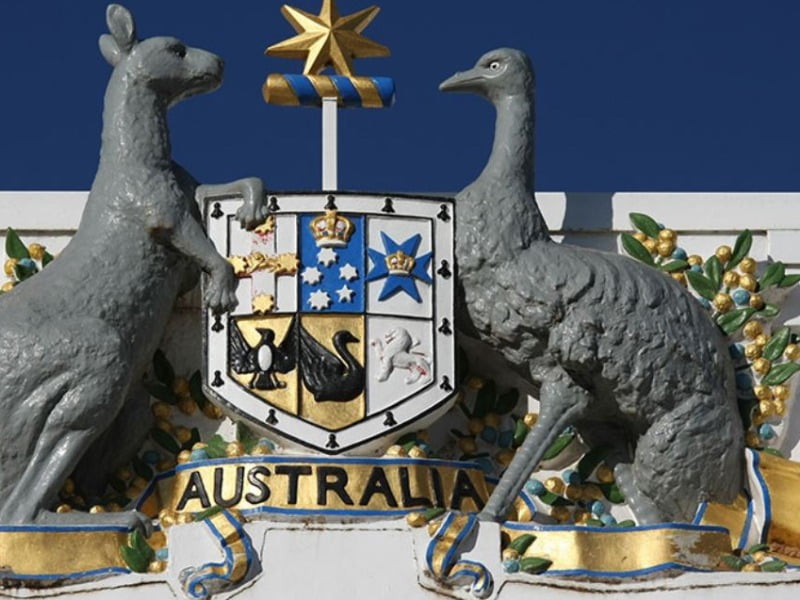Australia has declined further in the world ranking of economic complexity according to the latest index published by the Harvard Kennedy School of Government.
According to the Atlas of Economic Complexity, in 2020 Australia ranked 91st of 133 countries, just above Namibia, which has an economy 124 times smaller than Australia, and just below Kenya, which has an economy 12 times smaller than Australia.
Australia climbed nine places between 2017 and 2019 to 86th. However, the last decade Australia has fallen eight places in the economic complexity rankings.

Economic complexity is defined not just by a country’s productive knowledge and information on its production capability, but the index also includes how commonly exported a country’s goods are as well as comparing the “sophistication and diversity” of the other exporting countries.
Australia has declined five places since the release of the economic complexity index with 2019 data. Also published on the Atlas of Economic Complexity is Harvard Kennedy School’s Growth Lab forecasts of economic growth to 2030. Australia’s economy is expected to grow by 1.96 per cent over that period, which is the 112th highest growth rate of 133 countries.
The Atlas states that the growth projection is low because “Australia is less complex than expected for its income level”. In 2020, Australia had the 13th largest economy in the world with a GDP of around US$1.3 trillion.
Since 1995, Australia has fallen 36 places from 55th. Australia’s worst ranking is 93rd, which the country was placed at in 2012, 2014, and 2017.
Published annually, the data was updated at the end of last month. The rankings are based on each country’s economic complexity index. High complexities countries have a “range of sophisticated, specialised capabilities” allowing it to export a broad set of complex products.
Japan’s economy has been ranked the most economically complex since 1995. It’s economic complexity index value was 2.27 in 2020, while Australia’s index value was -0.52.
Continuing comparatively low levels of economic complexity come as the level of expenditure on research and development (R&D) in Australia is declining. Gross expenditure on R&D as a percentage of GDP has fallen by almost 20 percent since 2008, which was the peak in the 21st century.
The gross expenditure on R&D in Japan is 3.28 percent of GDP, making it the seventh proportional spender on R&D. The two economies with the largest R&D spend as a proportion of GDP are Israel, at 5.14 percent and South Korea at 4.63 percent.
Israel had the 21st most complex economy in 2020 while South Korea had the fourth most complex economy, according to the Atlas of Economic Complexity.
R&D expenditure as a proportion of GDP by tertiary institutions, the government sector, and the private sector has fallen over the last decade. In 2020-21, public sector expenditure has fallen to by around a third from 0.24 percent in 2012-13 to 0.17 percent in 2020-21, while tertiary sector expenditure fell from 0.63 percent to 0.61 percent over the same period. Business expenditure in 2019-20 was $18.17 billion, just below the $18.32 billion spent in 2011-12.
On Tuesday, the Minister for Industry and Science Ed Husic said he had started discussions with Chief Scientist Dr Cathy Foley about initiatives to boost government expenditure on R&D.
Do you know more? Contact James Riley via Email.


Australia has been patting itself on the back because it was perceived we handled the pandemic better than most. We are in a fools paradise. The virtue signally is too often focused on the easy stuff (not to say it shouldn’t be done) where we should be focused on the tough stuff not climate change targets but actions to cut emissions we must focus on solving difficult and important problems where the solution can be used to build globally successful companies. We need to work on the complex not just digging stuff out of the ground and being paid heaps for doing so. Let’s mine our knowledge not just our minerals.
We are in a state of innovation emergency. The MNCs have drained us dry.
We need to get government and industry leaders to sit down in crisis talks and fix this.